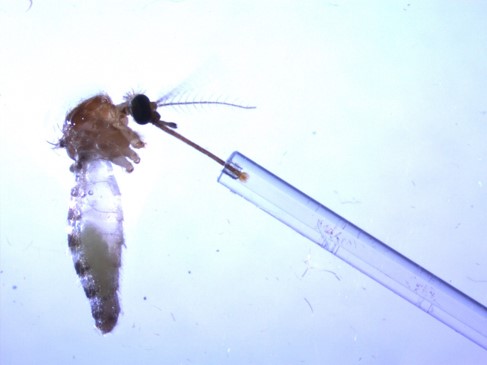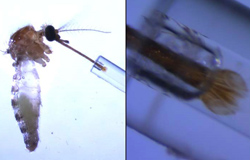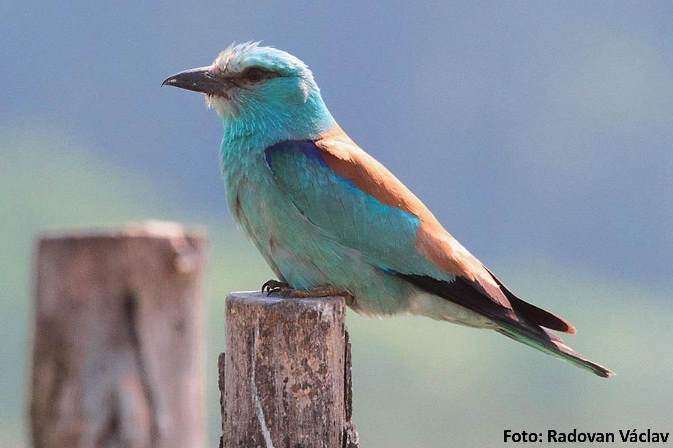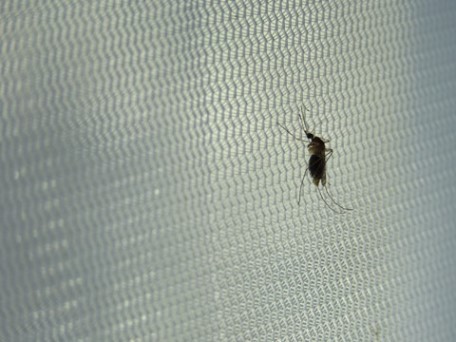
Welcome
Welcome to the official website of the Doñana Biological Station (EBD-CSIC)...

The Doñana Biological Station: EBD-CSIC
The Doñana Biological Station is a public Research Institute belonging to the Spanish Council for Scientific Research CSIC in the area of Natural Resources...

Mission
Our fundamental mission is to carry out multidisciplinary research of the highest standard directed to understanding the way in which biodiversity is generated, maintained and deteriorates, as well as the consequences of its loss...

Our methods
We apply many techniques within a multidisciplinary framework, from molecular genetics to remote sensing, and from modelling to physiological and isotopic analyses...

Monitoring the environment
Monitoring biodiversity at the Doñana Natural Space cover a wide range of communities, including both terrestrial and aquatic organisms...

Aims
Our aims include the study of the ecological and evolutionary processes by combining field work, mathematical and statistical models and physiological and genetic analysis...
 Outstanding
Outstanding
-
 Fountains and sewers affect the presence of mosquitoes in urban areas
Fountains and sewers affect the presence of mosquitoes in urban areas -
 Plasmodium transmission risk differs between mosquito species and parasite lineages
Plasmodium transmission risk differs between mosquito species and parasite lineages -
 Documentary Canal Sur Television: emerging diseases
Documentary Canal Sur Television: emerging diseases -
 Vector competence of Aedes caspius and Ae. albopictus mosquitoes for Zika virus, Spain
Vector competence of Aedes caspius and Ae. albopictus mosquitoes for Zika virus, Spain -
 Towards the identification of C. paolae and C. circumscriptus as potential vectors of avian haemosporidian parasites
Towards the identification of C. paolae and C. circumscriptus as potential vectors of avian haemosporidian parasites
 News
News
Content with tag vector-borne disease .
 Fountains and sewers affect the presence of mosquitoes in urban areas
Fountains and sewers affect the presence of mosquitoes in urban areas
Results allow understand how these infrastructures affect the population of these insects, which are key to the transmission of several diseases.





